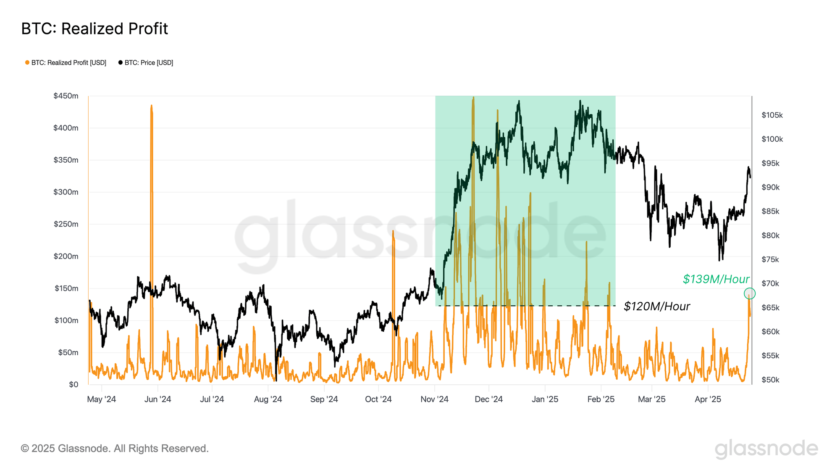With an annual growth rate (CAGR) of 79%, the blockchain market is looking towards a bright future. This recent growth (2020-2021) is mainly due to the companies resuming their operations and adapting to the new normal while recovering from the COVID-19 impact, which had earlier led to restrictive containment measures such as social distancing, remote working, and the closure of commercial activities that resulted in operational challenges.
It was not forecasted that blockchain technology would explode this much in popularity this year. Businesses from various industries are showing a growing interest to adopt this technology for enhancing their business processes. The COVID-19 pandemic accelerated the digital transformation drive in many areas, especially via the use of the distributed ledger technology called blockchain. The market is expected to reach $60.2 billion in 2025 at a CAGR of 97%.
Blockchain is preferred for its safe, secure and transparent nature, this is what driving the demand for blockchain technology in industries and the public sector, and this is not expected to decrease in the upcoming years.
Companies like Circle and BitPesa use blockchain technology for international overseas payments. Now, it has also found its use in the supply chain, healthcare, government, and other sectors.
In Dubai, all the government-related financial transactions are taking place through blockchain technology making it the first government to be powered with blockchain.In May 2019, Muzika, an online music stream platform, has partnered with Binance, the world’s leading crypto exchange and a decentralized network, for creating a decentralized digital music ecosystem to decrease the gap between the musicians and listeners, and to give the musicians the deserved recognition.
Therefore, the demand for blockchain across industries is expected to drive the blockchain technology market.
The inefficiency of scalability in blockchain technology impedes the blockchain market as it obstructs the processes involved.There is a partial dependence of the blockchain network’s health over the number of nodes in the network and the spread of those nodes across the world.
The bigger the blocks, the increase in the size of the blockchain is even faster which removes out the solo miners eventually that results in more pile-up of transactions.For instance, bitcoin scalability is an issue that resulted from a limited rate of processing of transactions that relates to an increase in the number of transactions and the limited size of blocks.
In 2019, the blockchain size has grown to 242.386 GB from 184.622 GB in 2018. In 2018, in a week there were 165,000 unconfirmed transactions resulting in scaling issues due to a huge number of transactions. Similarly, in December 2018, scalability issues have congested the Ethereum network by Cryptokitties app due to a six-fold increase in transactions with Cryptokitties release and resulted in a pile-up of all un-processed transactions. Thus, an increase in the number of transactions results in scalability issues, which hampers the growth of the market.
The blockchain market covered in this report is segmented by type into private; public; hybrid. It is also segmented by provider into application; middleware; infrastructure and by application into BFSI; telecom & IT; government.
Federated blockchain, also called as a consortium blockchain, is expected to be a major trend shaping the blockchain market in the forecast period.Federated blockchain is a private permission type of blockchain, which gives permission for multiple entities to have access to the network by voting or token system.
Decentralization is maintained by the prior selection of the authority nodes by the organizations in the network which can exchange the data or information continuously. In 2019, Oracle Corporation has entered the HyperLedger Consortiums and has a few dozen cloud blockchain applications which are now running.
In February 2019, Hyland, a US-based content service provider and software developer, has acquired Learning Machine for an undisclosed amount.With this acquisition, Hyland aims to support its customers by generating and managing its contracts that can be verified and shared very fast.
Learning Machine is a start-up offering blockchain credentialing solutions that helps the customers by offering platform for creating, issue and verifying contract using blockchain technology.
Read the full report: https://www.reportlinker.com/




